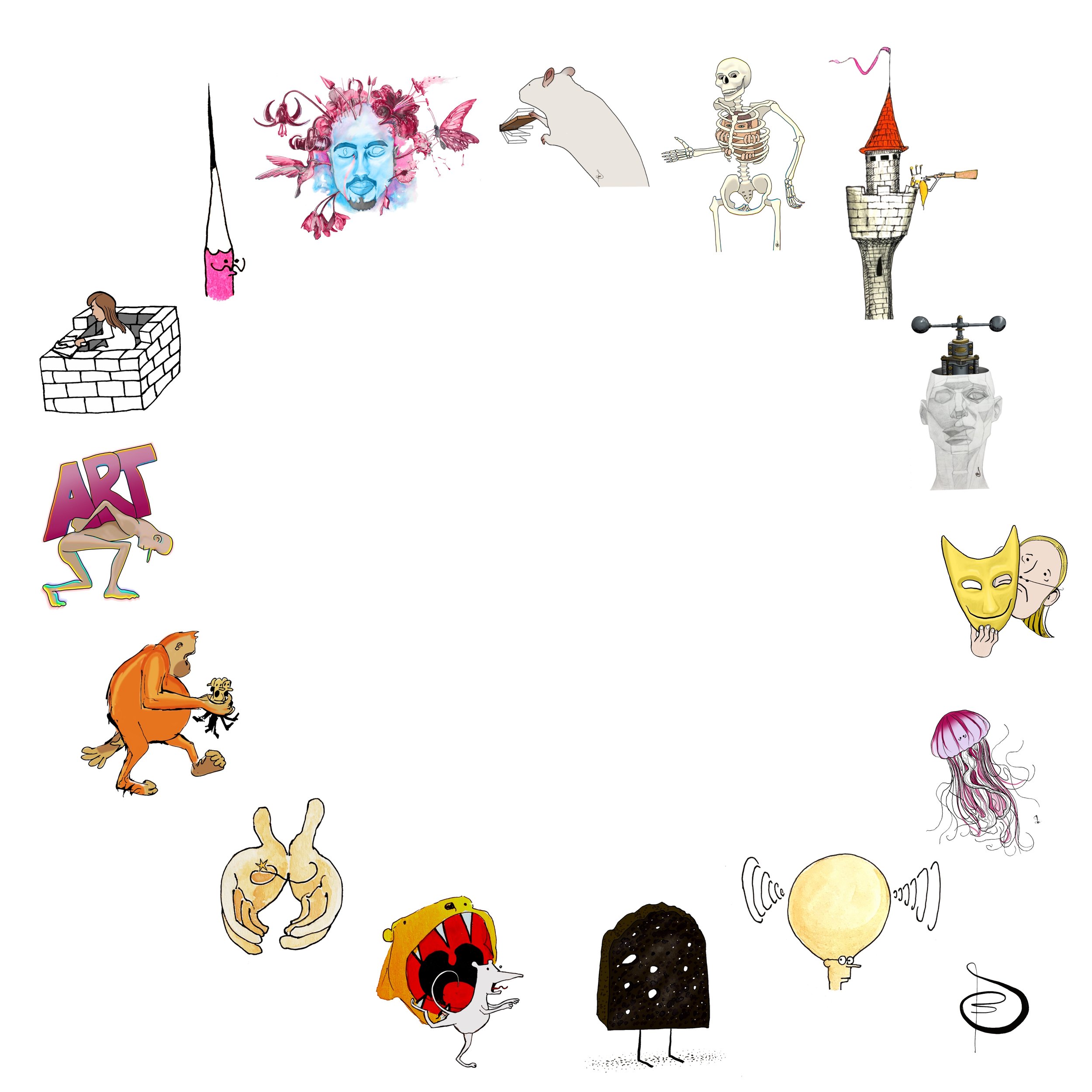15 Protectors that Block our Healing and How to Work with Each of Them
Psychological blocks can be thought of as defensive personality organizations or protectors, a concept developed in Internal Family Systems (IFS). They are sub-personalities that take over in times of danger or stress. When they become all-encompassing, automatic, and permanent, they block healing.
This is a cast of common protectors that we’ll be exploring together:
And here are their names:
Pressure Cooker
Underinvestor
Moving Target
Perfectionist
People Pleaser
Gold Star Collector
Monster Under the Bed
Tortured Soul
Dreamer
Intellectualizer
Quick Fix Junkie
Emotional Jellyfish
Deep Freezer
Observer in the Tower
Fort Knox
These protectors usually develop at a very young age and for a good reason, to protect us from danger and to seal up places we were hurt. They “bottle up” emotional pain, the idea being that we’ll get to it later when things are safer. Unfortunately, protectors don’t like giving up power and they miss cues of safety. As a result, they continue to stand guard over bottled pain, preventing us from grieving, or unburdening that pain and healing, and growing.
Worse, protectors can become our whole identity—"but that’s just who I am!”—causing us to hold onto pain, stay in the past, and miss out on new opportunities. Protectors are also a big turn off to others who dislike their own protectors. As a result, protector-identified people, even so-called “people pleasers” often have a hard time socially. Ironically, by being so overbearing, protectors often create exactly the scenario they fear most.
The reason that protectors are out-of-date is that they became frozen at the time when we experienced overwhelming events, or simply weren’t supported by a loving, attuned relationship. At that point they took up fixed positions and stopped evolving and adapting. They protect us today as if we are still at the age of those first stressful events. They don’t believe that we can handle much emotional pain and are hyper-vigilant to prevent it from happening again. Protectors can also be inherited from parents, siblings, or culture. In this case they protect us from pain that was passed down to us. IFS calls this kind of inherited pain a legacy burden.
Each protector is organized around a primary defense or fear. We may have one dominant protector or a mix of several. It is less important why they developed than how they operate today. Knowing our dominant protector is not enough to heal. A slave knows they are enslaved and yet cannot gain freedom. We have to practice embodiment techniques that relax and update the protector. As the protector relaxes, something unexpected happens, that has been blocked in our system until now—healing! Often it starts with an experience of grief or rage. Later feelings of love, gratitude and joy may surface. While there are general principles, the psychological work to overcome each protector is different.
We’ll finish our exploration by looking at a three special entities that are at the center of the healing process:
Emotional Core
Embodied Self
Creative Genius
Well that’s enough intro. Welcome to this 18-week journey into the mind.



